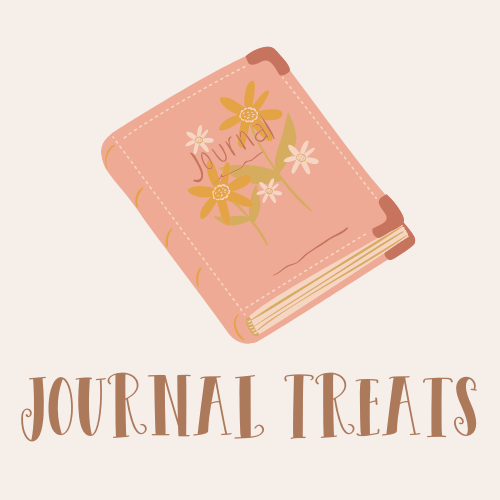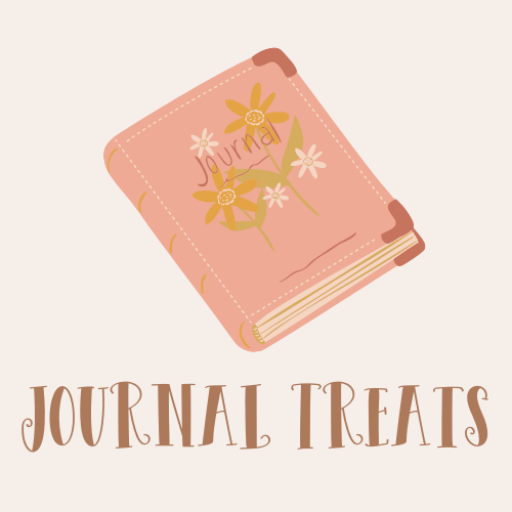
Unlocking Personal Growth Through Journaling

Journaling can be a transformative tool, offering an avenue for self-reflection, emotional release, and personal development. Writing down your thoughts brings clarity, helps track progress, and deepens the connection with your inner self. If you’re looking to foster mindfulness and personal growth, journaling can guide you to better understand your needs, goals, and dreams.
Finding Your Journaling Style

It’s essential to find a journaling style that suits you, and you can do this by asking yourself a few questions. For example, do you prefer a more structured approach with clear questions to guide your entries, or do you prefer the freedom of writing without a set plan? Some people find structure helpful, while others benefit from letting their thoughts flow naturally.
Establishing a Routine
Consistency plays a major role in making journaling effective. Setting aside a specific time each day, whether in the morning or evening, helps create a routine. Journaling in the morning can set intentions for the day while writing in the evening allows for thoughtful reflection on your experiences.
Creating a Comfortable Space
Having a designated spot for journaling can turn this practice into a ritual. Find a calm, quiet area where you can focus on your thoughts, whether it’s a corner of your living room, a cozy window seat, or a peaceful outdoor space.
Using Writing as Emotional Release

Writing can act as an outlet for emotions that feel overwhelming. When anxiety, stress, or difficult emotions arise, journaling offers a safe place to express them. Putting these feelings on paper can relieve emotional tension and help make sense of what you’re going through.
Reflecting on Gratitude
Focusing on gratitude is one of the easiest ways to shift your mindset. Take a few moments to write about things you are grateful for, whether big or small. This practice can improve your mood, increase optimism, and foster a greater sense of appreciation for the present.
Identifying Strengths
Journaling about your strengths helps build confidence and reinforces positive self-perception. Write down a few qualities or skills that make you unique, and consider how you’ve used them recently. Reflecting on these positive traits fosters self-awareness and encourages you to continue developing them.
Setting Goals for Personal Growth
Journaling is an excellent way to clarify personal goals. Write about where you want to improve in life, be it in your relationships, health, or mindset, and identify steps you can take to achieve these goals. Revisit these entries to track your progress and reassess your aspirations over time.
Releasing Negative Thoughts
Negative thought patterns often limit personal growth, so when you notice self-criticism or pessimism, use journaling as a way to confront those thoughts. Writing them down makes it easier to recognize when they are unproductive or unfair, and allows you to challenge these ideas with healthier perspectives.
Tracking Progress Over Time

Looking back at previous journal entries provides a powerful reminder of how much you’ve grown. Reflecting on past thoughts, struggles, and milestones helps you appreciate your journey, offering perspective on both your challenges and successes.
Exploring Life’s Lessons
Journaling about challenges can lead to deeper understanding and learning. When facing difficulties, write about the experience and what you’ve learned. This reflection encourages resilience and personal development, helping you apply these lessons to future situations.
Understanding Emotional Triggers
Recognizing what triggers strong emotions is an important part of emotional awareness. When you feel reactive, use your journal to reflect on the situation and why it triggered such a response. Gaining insight into your emotional patterns can help you respond to future challenges with greater clarity and control.
Practicing Self-Compassion
On days when self-doubt creeps in, journaling provides a space for self-compassion. Simply write down the struggles you’re facing and offer yourself words of encouragement and kindness. This practice nurtures self-care and fosters a healthier inner dialogue, especially when times get tough.
Clarifying Your Values
Journaling helps clarify what truly matters to you, allowing you to reflect on your core values and how they align with your daily actions. This can inspire more intentional living, encouraging decisions and actions that honor your personal principles.
Rediscovering Passions
In the busyness of life, we sometimes lose touch with our passions. Journaling about activities that bring you joy can help rekindle interest in hobbies or pursuits that may have fallen by the wayside.
Cultivating Mindfulness

With both practices grounded in reflection, mindfulness and journaling go hand-in-hand. After a mindful moment, take a few minutes to jot down your observations, feelings, or sensations. Writing after mindfulness practice deepens your connection to the present, allowing for greater emotional awareness and balance.
Practicing Forgiveness
Forgiveness can be challenging, whether for yourself or others, but journaling can help you process unresolved feelings, enabling you to express and release hurt. Reflecting on your journey toward forgiveness can provide healing and promote inner peace.
Exploring New Goals
Many people find that as they journal regularly, new goals naturally emerge. Use your entries to brainstorm aspirations for your future, and don’t shy away from writing about potential obstacles. This process helps you plan ahead, creating a roadmap toward achieving your dreams.
Reassessing Priorities
When life feels overwhelming, journaling about your current priorities offers clarity. Reflect on where your time and energy are going, and consider if these are aligned with your values and long-term goals. This reassessment encourages balance and focus on what matters most.
Embracing Journaling for Personal Growth
Journaling can be a powerful tool in your personal growth journey. Whether used for emotional release, self-discovery, or goal-setting, the process of writing allows for a deeper connection with yourself and your aspirations. By incorporating these reflection prompts into your daily routine, you’ll create a space where insight, clarity, and mindfulness can flourish.
Share this post :


11 Methods of Combining Cleaning With Journaling for Everyday Peace

How Tidying and Writing Improve Mental Health

11 Ways to Use Cleaning and Journaling as Life Tools
Subscribe our newsletter
Stay Updated with the Latest Reviews – Subscribe to Our Newsletter!
Affiliate Disclosure
As an Amazon Associate, Journaltreats.com earns from qualifying purchases.
Our website also contains other affiliate links, but our editorial content is not influenced by advertisers or affiliate partnerships. See our full disclosure.
AI Disclosure: Some elements may have been created with the assistance of AI tools.
Copyright Notice
All of the content on this website, including images, text, audio, and video, is Copyright © 2024 Journal Treats and may not be stolen, reproduced, downloaded, republished, or otherwise used without the explicit written permission of the owner of Journaltreats.com.
Except where prior permission is granted, Journal Treats reserves all rights.


